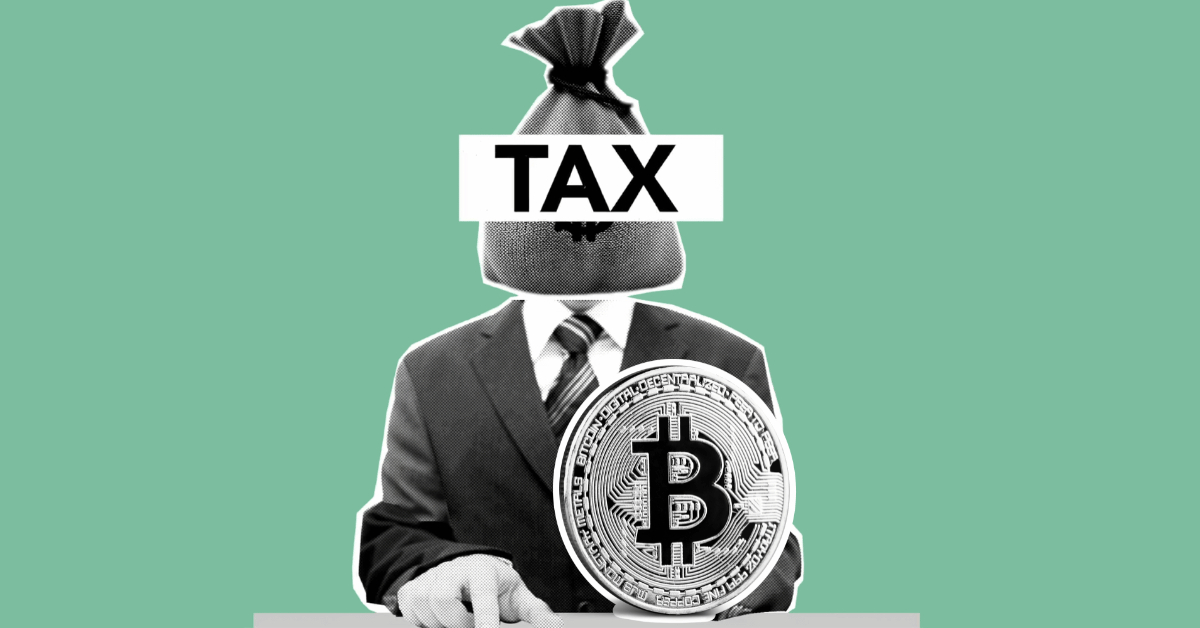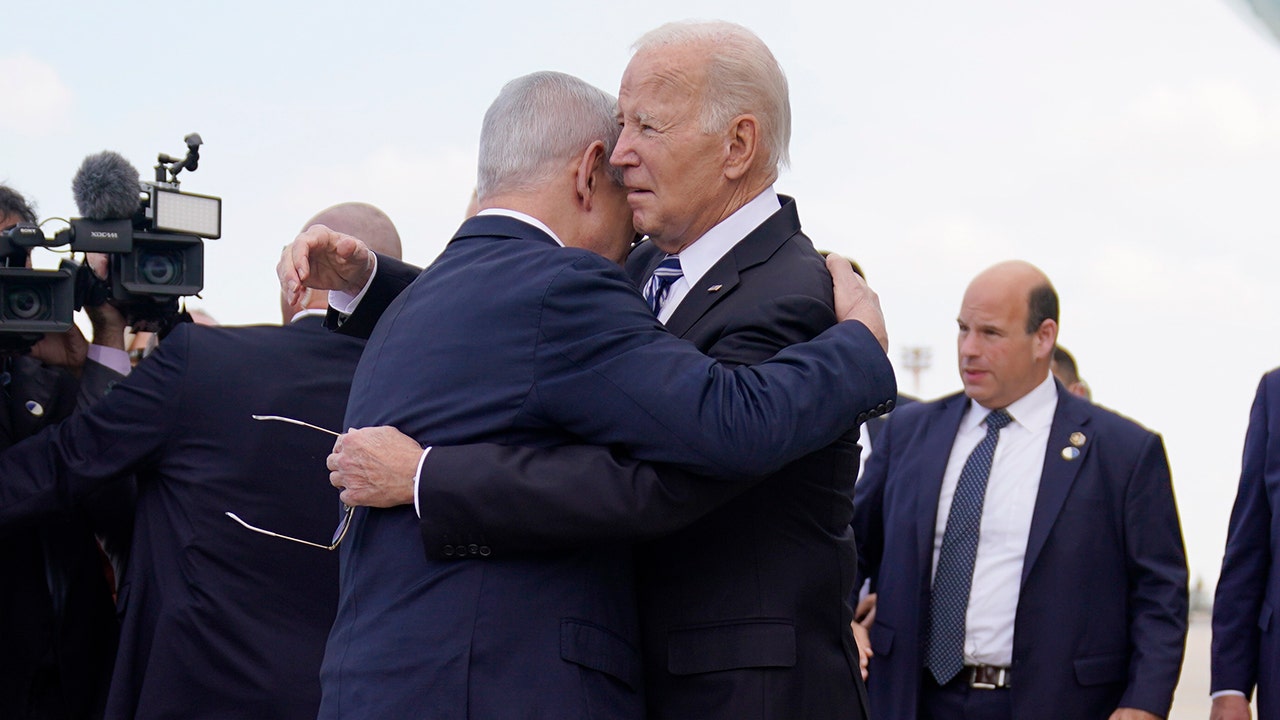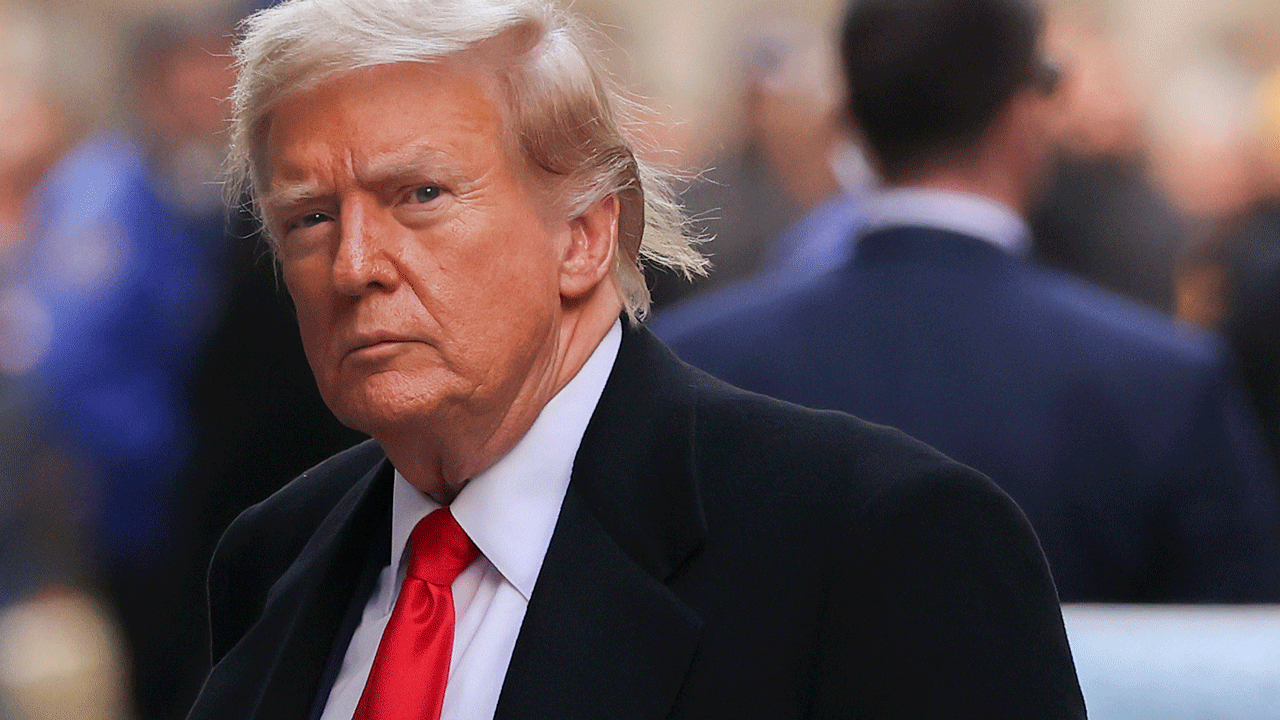As the United States reimposes oil sanctions on Venezuela, the country’s state-run oil company PDVSA is planning to increase its reliance on digital currencies for crude and fuel exports, according to a recent Reuters report.
The U.S. Treasury Department recently declined to renew a general license, giving PDVSA’s customers and providers until May 31 to wind down transactions. This move is expected to hinder Venezuela’s efforts to increase oil output and exports, as companies will need to obtain individual U.S. authorizations to do business with the country.
Since last year, PDVSA has been gradually shifting oil sales to USDT, also known as Tether, a digital currency pegged to the U.S. dollar. The return of oil sanctions is accelerating this shift, as PDVSA aims to reduce the risk of sale proceeds being frozen in foreign bank accounts due to the measures.
Venezuelan oil minister Pedro Tellechea acknowledged the use of different currencies in contracts, noting that digital currencies might be the preferred payment method in some cases:
We have different currencies, according to what is stated in contracts. […] USDT transactions, as PDVSA is demanding them to be, don’t pass any trader’s compliance department, so the only way to make it work is working with an intermediary.
Oil trade in Tether (USDT)
Despite the U.S. dollar being the preferred currency for global oil market transactions, PDVSA has been moving many spot oil deals to a contract model that requires prepayment for half of each cargo’s value in USDT. The company wants new customers to hold cryptocurrency in a digital wallet, even in some old contracts that do not explicitly state the use of USDT.
The recent U.S. license allowed trading houses and former PDVSA customers to resume business with Venezuela, but most of them have resorted to intermediaries to meet the digital transaction requirements.
While increasingly relying on middlemen for transactions could help PDVSA circumvent sanctions, it will likely result in a smaller portion of oil proceeds reaching the company’s coffers.
Minister Tellechea remains optimistic about Venezuela’s oil industry, stating that PDVSA has “a big strength in trading” and is prepared to address the return of U.S. sanctions. However, oil analysts expect that even with prompt individual authorizations from Washington, Venezuela’s oil output, exports, and revenue will soon hit a ceiling.
Tether’s USDT is the most popular stablecoin, with a market cap of nearly $110 billion according to CoinMarketCap data. The currency is seeing a lot of use among crypto users as a way to skirt volatility, but also by other parties that see traditional financial institutions as hostile to their industries.
The United Nations also raised concerns that USDT is increasingly used by money launderers.
Featured image: Ideogram























